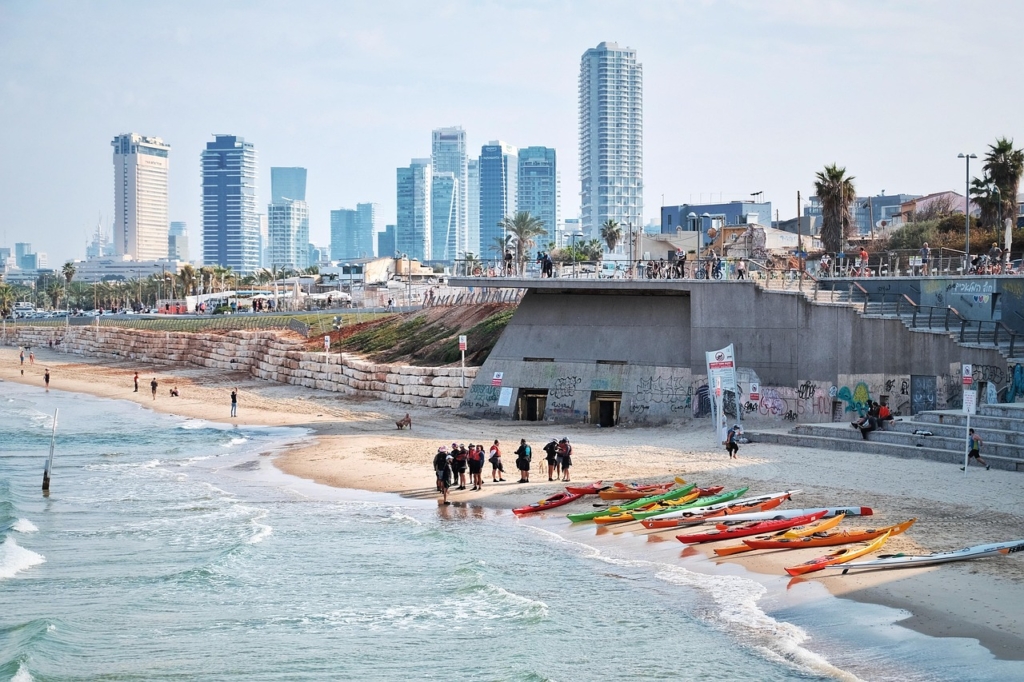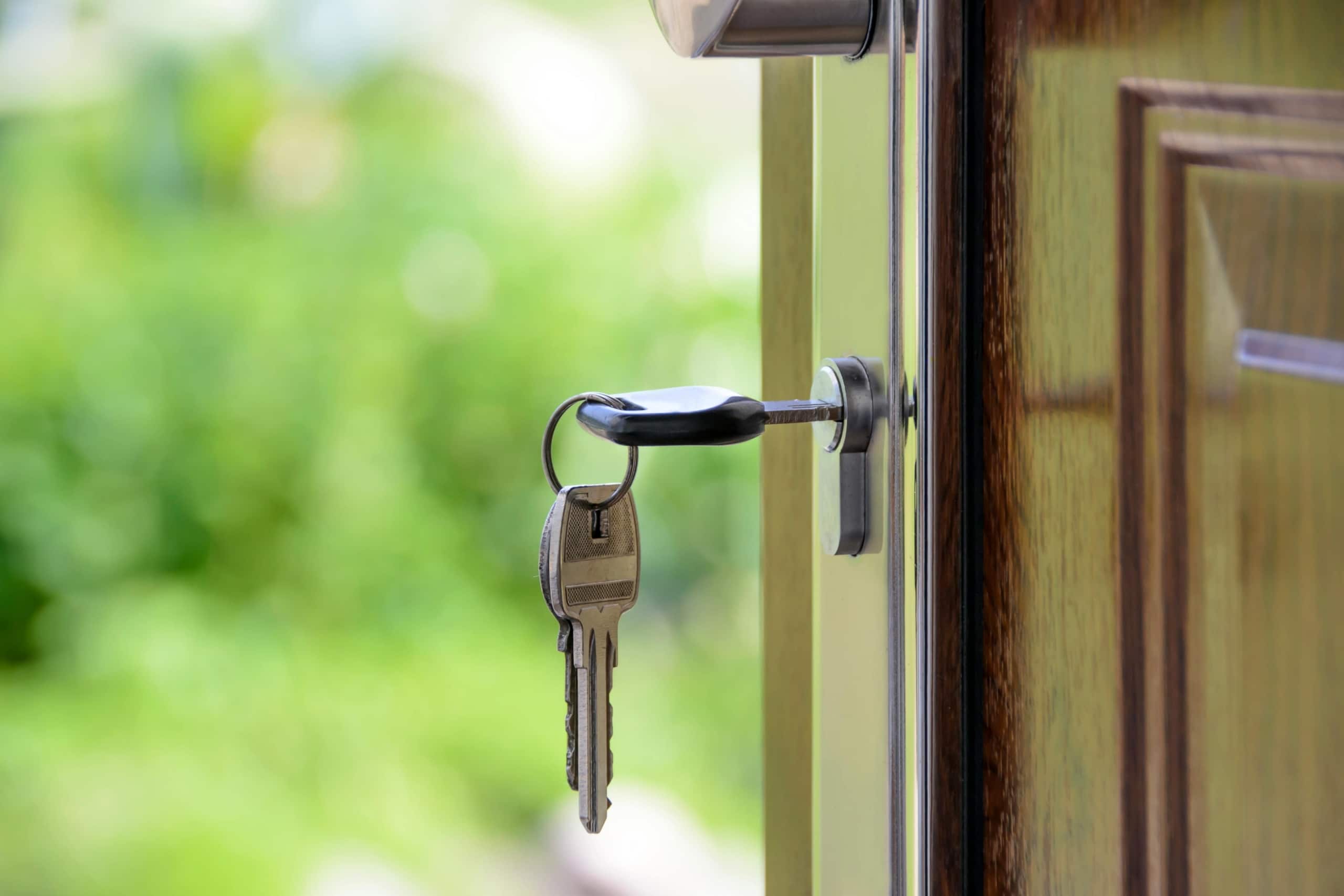Can Foreigners Buy Property in Israel?

The truth behind the paperwork
You’ve dreamt of it for years.
Your own home in Israel — whether for Aliyah, vacation, investment, or family.
You’ve saved. You’ve researched. You’re emotionally ready.
But the reality of buying property in Israel?
It’s very different from what you might expect.
From hidden costs and cultural differences to legal nuances and bureaucratic hurdles — many foreign buyers are caught off guard.
This guide is here to tell you what most blogs don’t.
Not to discourage you — but to empower you with clarity so your dream becomes a solid, successful reality.
The “Verbal Agreement” Myth
“The seller said it’s a deal! We shook hands!”
That might work over coffee in New York or London, but in Israel?
Nothing is real until it’s signed — and even then, double-check it.
Verbal promises, friendly agreements, or even WhatsApp messages are not legally binding. In fact, real estate deals in Israel can fall apart at the last second if a contract hasn’t been signed and registered.
📝 Tip:
Always work with a lawyer before negotiations start. Let them handle any “declarations of intent” and review all written communication with sellers.
The Lawyer is Not Optional — They’re Essential?
In some countries, lawyers only step in at the closing stage. In Israel?
Your lawyer is your main shield and strategist throughout the process.
They’ll:
Review every contract in Hebrew and translate what actually matters.
Check land registration, zoning issues, and debts tied to the property.
Handle tax declarations and ensure you’re not paying unnecessary fees.
❗ Beware:
Not all lawyers are equal. Choose one who specializes in Israeli real estate and preferably speaks your native language.
Need recommendations? Talk to our team .
The Hidden Costs Nobody Mentions
Think you’re buying a ₪2.5 million apartment? Think again.
Here’s what’s usually not included in the advertised price:
2% purchase tax (sometimes less for Olim Chadashim — but not always)
2% agent commission (+ VAT)
Legal fees (usually 0.5% to 1.5%)
Improvement levies (היטל השבחה)
Bank fees for mortgage and registration
VAT on new construction
💸 Reality Check:
It’s not unusual to spend 7–10% more than the listed price after all the fees.
Looking into pre-construction? Make sure you read about new developments in Israel — and what to expect before buying off-plan.
The Timeline Illusion
“You’ll move in by June!”
Sure… if everything goes perfectly (spoiler: it won’t).
Buying in Israel often involves:
Multiple parties with competing schedules
Unpredictable delays from the bank, city planning department, or even utilities
Sellers changing terms last-minute
Apartments without Tofes 4 (occupancy permit)
⌛ Real talk:
If you’re moving from abroad, leave margin for delay. Always.
Curious about timelines in specific locations? Explore our listings in Netanya or family-friendly homes in Efrat to see how projects vary.
The Cultural Gaps That Can Break a Deal
Israeli real estate negotiations are fast, informal, and emotional.
If you’re used to calm, step-by-step processes with transparency and timelines, prepare to adjust.
A few cultural realities:
Sellers may demand immediate answers — then disappear for days.
It’s normal to negotiate price, appliances, and move-in date all at once.
“No” is rarely final. Neither is “yes.”
🤝 Advice:
Work with an agent or lawyer who understands both Israeli culture and your background. They’ll bridge the gap, translate more than just words — and save you from major misunderstandings.
Conclusion: You Can Do This — But Not Alone
Buying property in Israel is a powerful, emotional and spiritual journey — but it’s also a major financial transaction in a complex environment.
The dream is real. The risks are real. The rewards are worth it.
The key is knowledge + the right team.
✨ At Selling Israel, we’ve been in your shoes. Our agents and partners are Olim themselves.
We speak your language — literally and culturally.
Curious about the next steps? Contact us today to learn more about how we can help you navigate the Israeli real estate market with confidence and ease.






